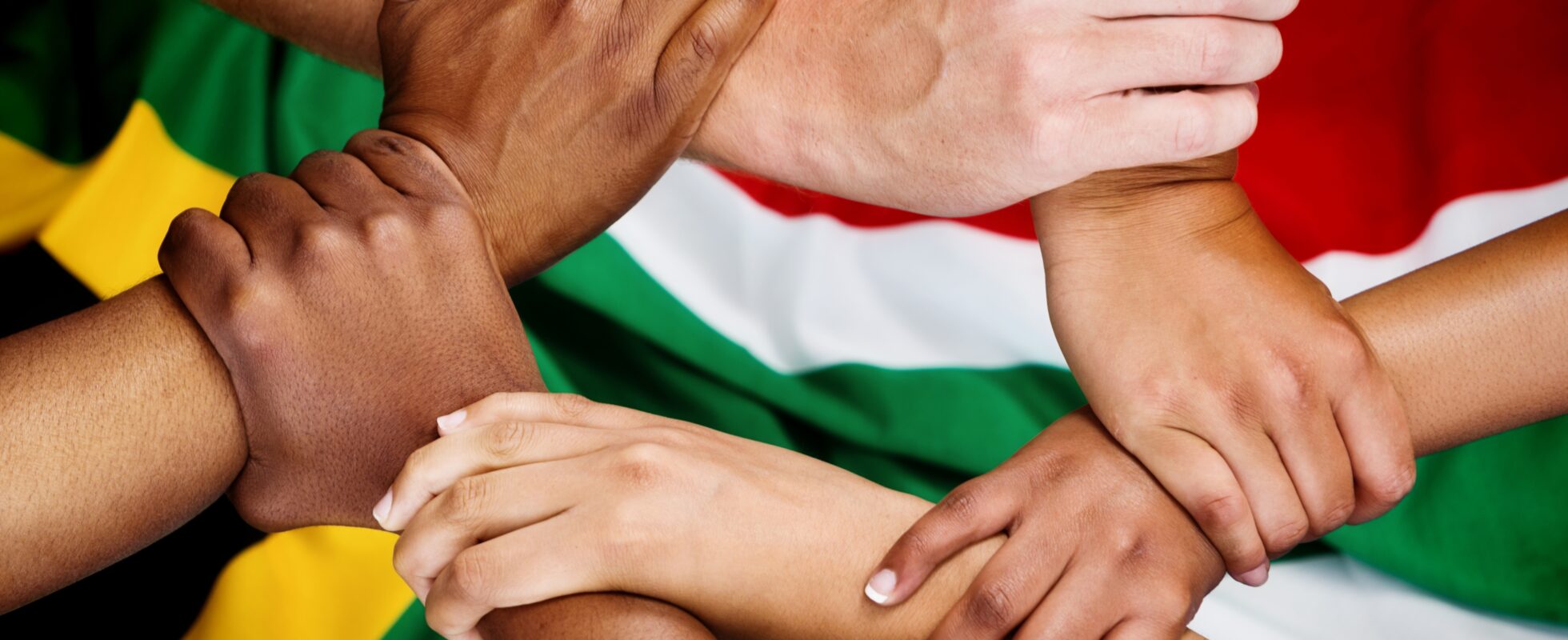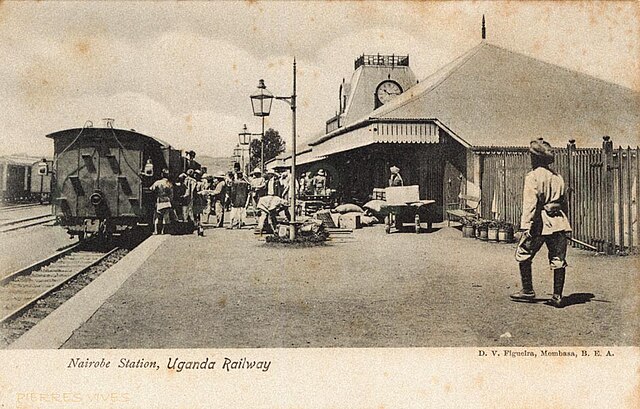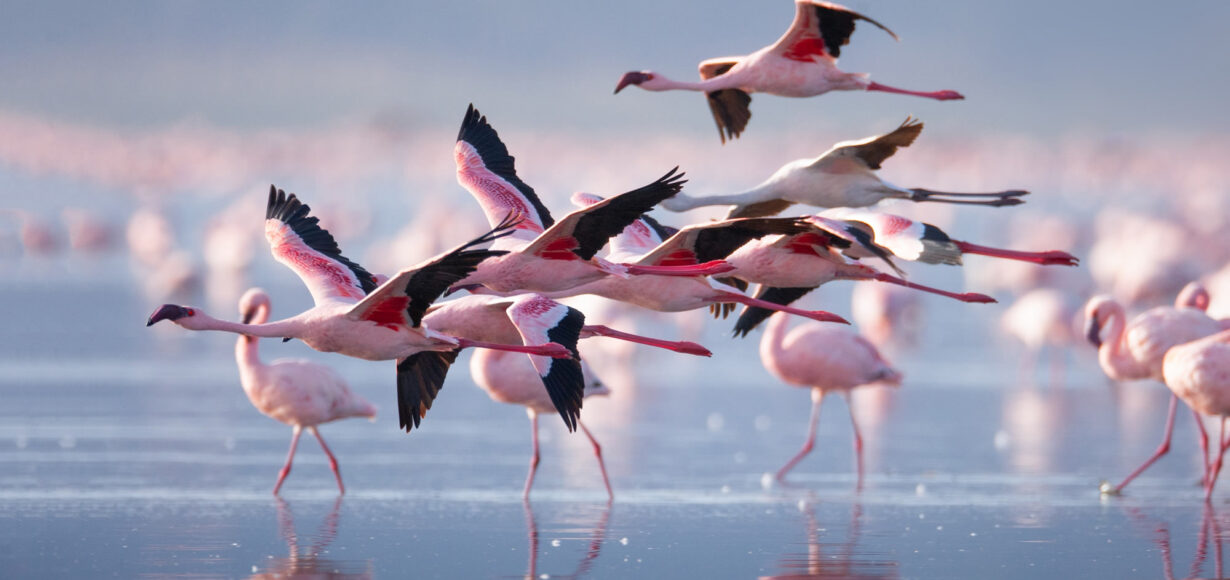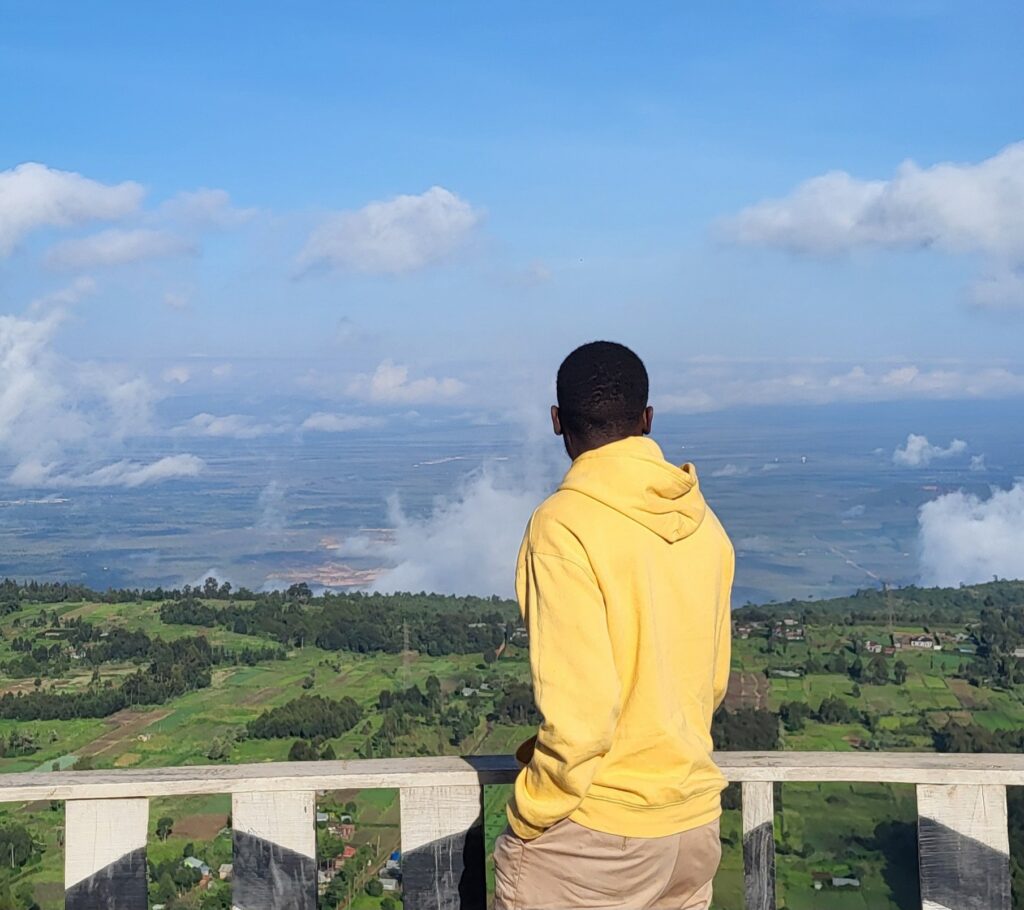
19 December 2024
The question you might be asking yourself is “is English spoken in South Africa?” The answer is yes, English is widely spoken, however understanding the country’s 11 official languages can deepen your appreciation for its rich cultural heritage. Let’s explore these languages and discover the unique stories they tell.
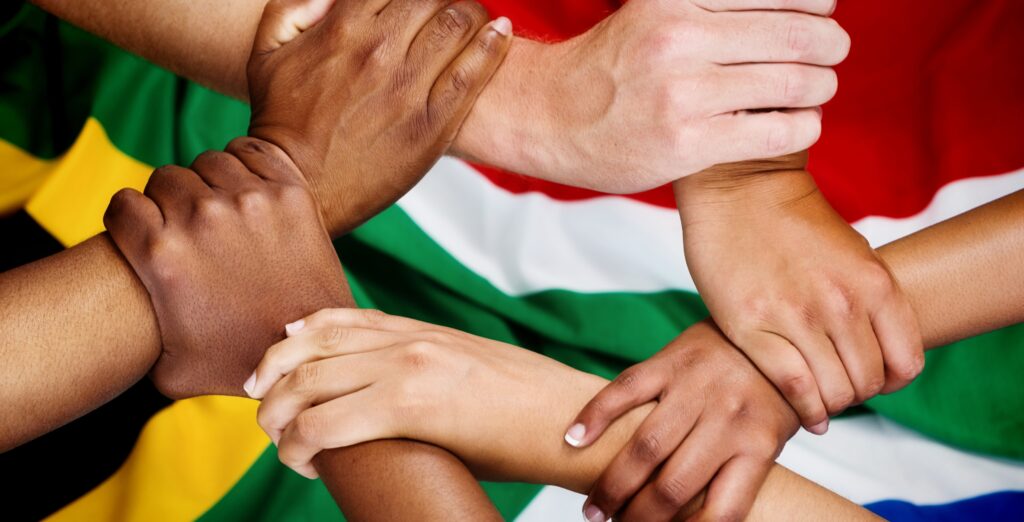
South Africa’s 11 official languages:
The Rainbow Nation is home to 11 official languages, painting a vibrant picture of its diverse history and culture, however two major language families dominate the scene: Nguni and Sotho.
Nguni Languages
Nguni languages, like isiZulu, isiXhosa, isiNdebele, and SiSwati, are closely related, sharing similar sounds and grammar. This means that speakers of one Nguni language can often understand parts of another, creating a unique linguistic connection across different cultures.
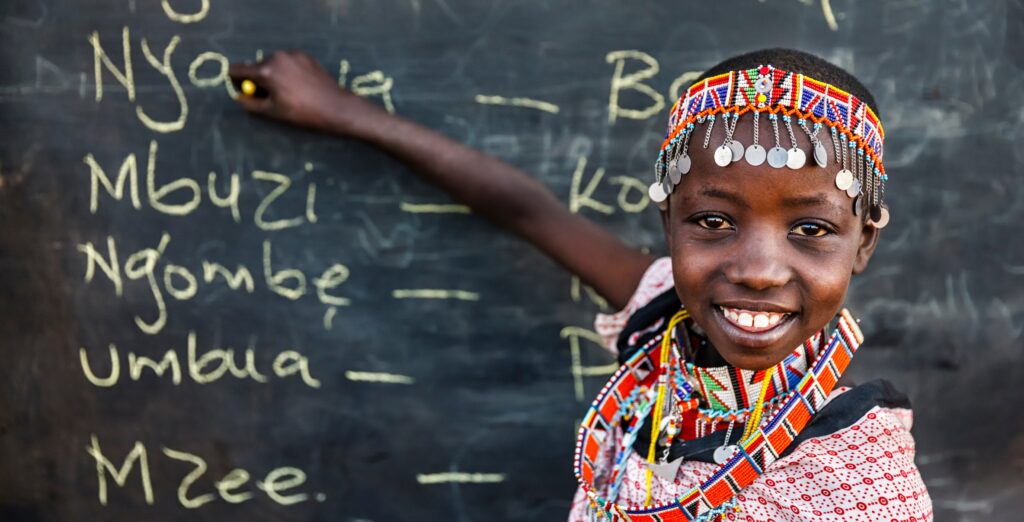
Sotho languages
The Sotho languages, including Setswana, Sepedi, and Sesotho, are fascinating languages with a lot in common. They share a complex grammar system, including noun classes and tonal accents that can change the meaning of a word. It’s like adding a musical note to each word!
While they may sound different, they share a lot of similarities in their vocabulary and pronunciation. One interesting difference is that Sesotho has all the letters of the Alphabet while Sepedi and Setswana don’t.
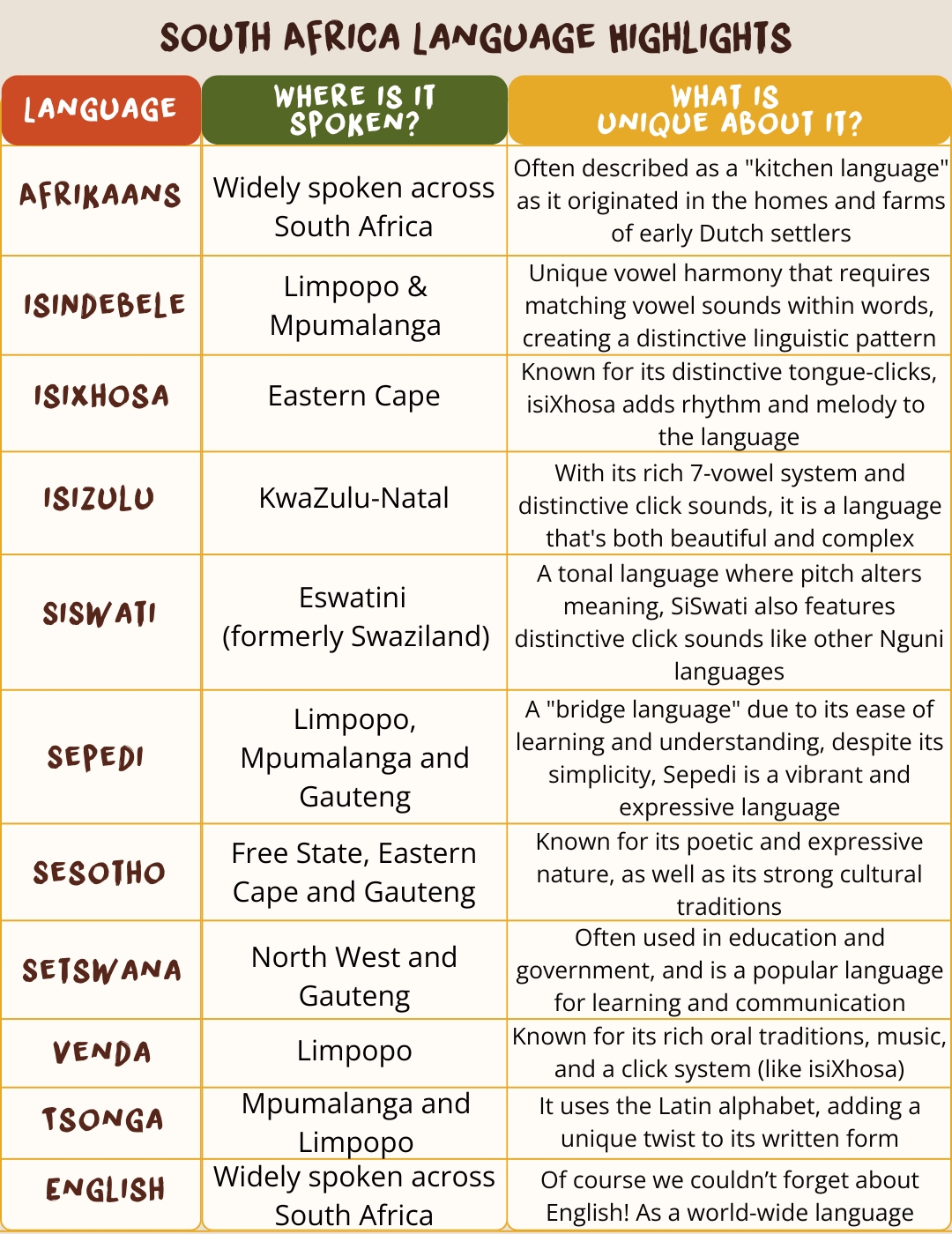
Want to chat with the locals? South African Slang
While the official languages are cool, it’s the slang that really gives South Africa its social flavour so don’t be afraid to throw in a slang word when chatting with a local, you’ll definitely get a more authentic and excited response.
- Lekker: This word is like a Swiss Army knife of slang. It can mean “nice,” “good,” “great,” or even “delicious.” Similar to the Dutch word with the same meaning but pronounced without emphasis on the R – Lekka.
- Howzit: A casual greeting that’s like saying “What’s up?” but with a South African twang.
- Braai: ‘Barbeque’ The Afrikaans word for ‘barbeque,’ braai is another word cemented in South African dictionaries.
- Jol: ‘To party’ or ‘To have fun’ to jol (pronounced jawl) means to let loose and have fun!
- Eish: (pronounced aysh) This is one of those unique South African expressions that adds emotion to everyday conversations. Derived from Xhosa, is an expression of surprise, irritation or disapproval.
- Babbelas: (pronounced bub-ba-las) Derived from the Zulu word ‘ibhabhalazi’, it is used to describe a bad hangover.
- Aweh: Is another way of greeting but more commonly amongst friends. Don’t get confused though when someone answers a question with “aweh’ as it sometimes means yes.
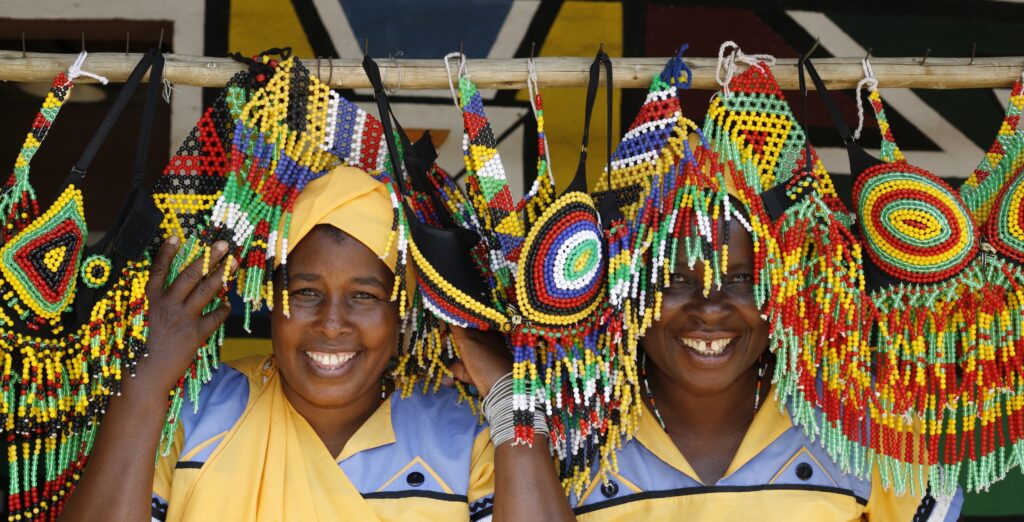
A South African Language for every occasion
Whether you’re haggling at a market, cheering at a rugby match, or simply chatting with friends, there’s a language that’s perfect for the occasion. So, next time you find yourself in South Africa, don’t be afraid to dive into the linguistic pool. You might just discover a whole new world of words! Your adventure in South Africa will be lekker, guaranteed! 😉
